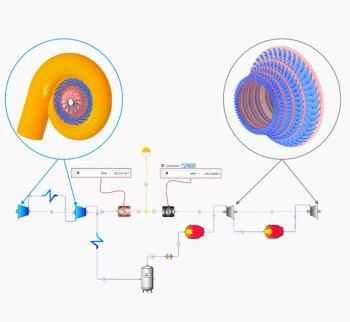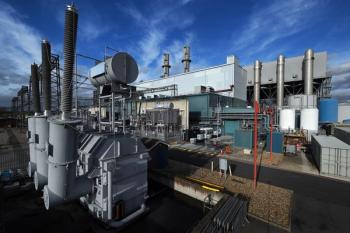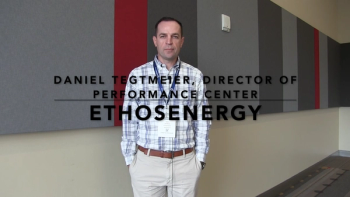
1,640MW natural gas-fired plant to come up in Florida
A new natural gas-fired combined-cycle (NGCC) plant is being constructed by Flour in Citrus County, Florida, US, for Duke Energy Florida (DEF). The new power plant, located close to the Crystal River Energy Complex, will spread across 400 acres of land near Crystal River. Both will be operated by DEF. The plant's construction began in March 2016, and operations are expected to start in 2018.
The Citrus County combined-cycle power plant will include two identical power blocks, each capable of producing 820MW of power. While the first unit is likely to begin operations in mid-2018, the second unit is expected to be operational by December that year. With a total capacity of 1,640MW, the plant is expected to provide electricity to approximately 1.7 million customers.
Each unit will feature two Mitsubishi Model 501GAC combustible turbine generators, two heat recovery steam generators, equipped with duct burners, and a steam turbine generator in a two-on-one configuration. Each unit will also contain one fuel gas dew point heater with a capacity of 11.2 million British thermal units an hour (MMBtu/hr) along with an auxiliary steam boiler with a capacity of 216.2MMBtu/h.
The units will also be equipped with one 1,500kW diesel-fired emergency generator each. Both units will be served by one diesel-fired emergency firewater pump with a power rating of 575hp.
The plant will receive natural gas from a new natural gas pipeline called Sabal Trail Transmission, which is being constructed to provide clean and affordable natural gas to Florida. The project will also involve participation of local suppliers for providing backfill foundation material, dump trucks, fencing and other materials.
The combustible turbine generators of the plant are said to operate on a low NOx combustion technology. Since the generators will utilise pipeline-quality natural gas for their functioning, particulate matter and H2SO4 air emissions are expected to be minimal. The plant will utilise less than the permitted amount of ground water resources, being located near a river.
Newsletter
Power your knowledge with the latest in turbine technology, engineering advances, and energy solutions—subscribe to Turbomachinery International today.




